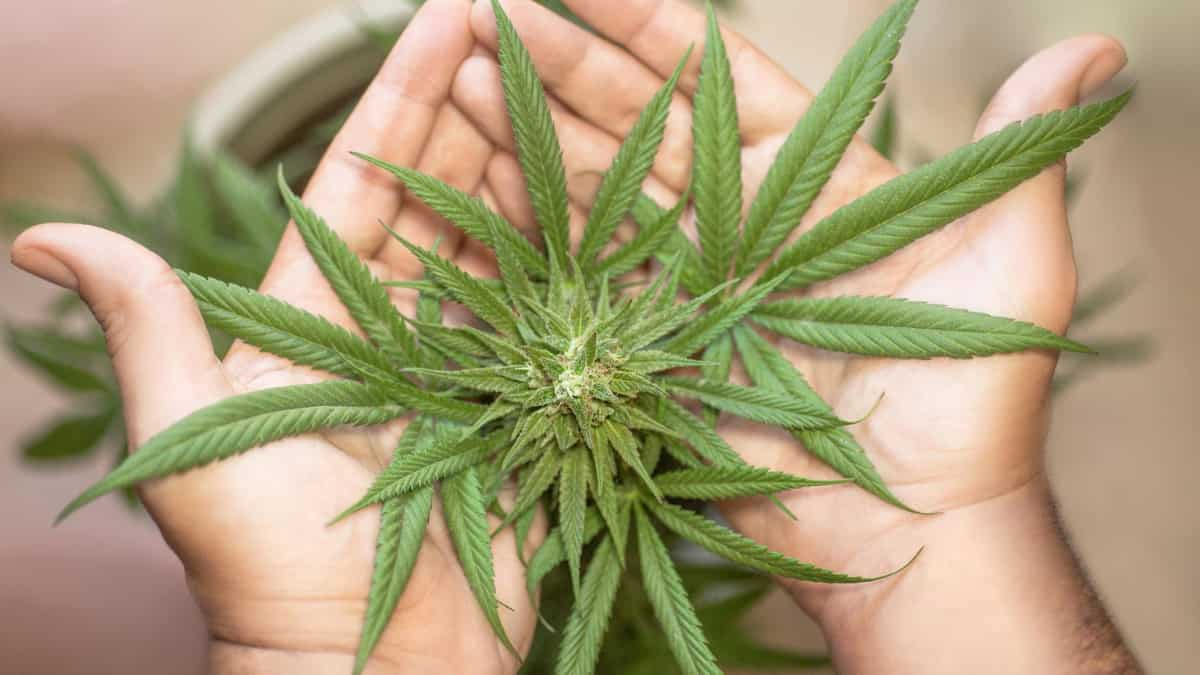Overview
The US Drug Enforcement Administration is set to recommend rescheduling marijuana as a Schedule III controlled substance, a move that would place it in the same category as ketamine and Tylenol with codeine. This decision by the Biden administration signifies a significant shift in drug policy, acknowledging the low-risk nature of marijuana and its potential medical benefits.
Current Classification
For the past five decades, marijuana has been classified as a Schedule I substance, along with drugs like heroin, bath salts, and ecstasy. These substances are deemed to have no medical use and a high potential for abuse.
Proposed Rescheduling
The US Food and Drug Administration (FDA) has recommended the rescheduling of marijuana based on three key criteria:
- Lower risk for abuse compared to other Schedule I and II substances
- Documented medical benefits
- Low to moderate risk of physical dependence in individuals who misuse it
This recommendation has garnered support from the National Institute on Drug Abuse.
State Policies
Currently, 24 US states, two territories, and the District of Columbia have legalized marijuana for recreational use among adults, while 38 states permit its medical use. The cannabis industry in the US has experienced significant growth over the past decade, becoming a multi-billion-dollar sector that attracts both domestic and international businesses.
Impact of Rescheduling
Rescheduling marijuana could open doors for increased research and investment in the cannabis sector, providing further support for businesses looking to capitalize on this evolving industry.
Congressional Action
Congress is reportedly working on legislation to legalize the limited use of marijuana. The proposed SAFER Banking Act aims to give legal marijuana businesses access to traditional banking and financial services, potentially passing through both chambers by the year’s end.
















































